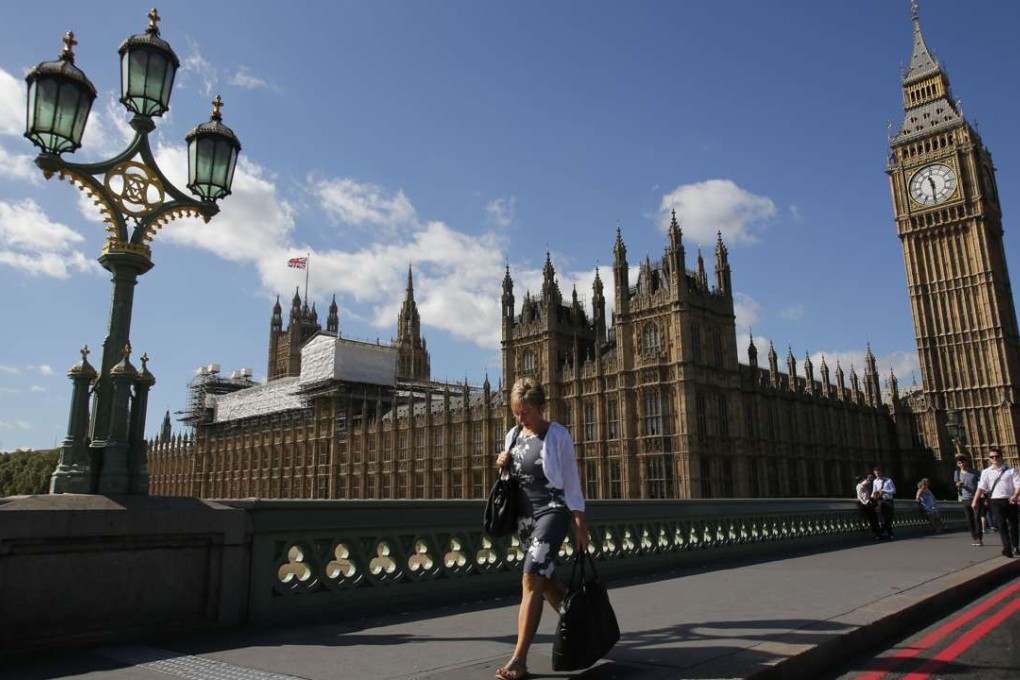Goodbye and good riddance to the European Court of Justice for post-Brexit Britain
Grenville Cross says one laudable outcome of the UK’s decision to leave the EU is its Parliament and judges will no longer be subordinate to the bloated, overbearing court

Sovereignty, trade and border issues apart, Brexit also involves the UK’s withdrawal from the Court of Justice of the European Union.
This court, distinct from the Strasbourg-based European Court of Human Rights, was established in 1952 and is housed in Luxembourg. It has ultimate jurisdiction over the UK’s Parliament and courts, and currently comprises 28 judges, one for each state, each earning more than Britain’s prime minister, while its lower General Court has a similar complement. Many of the judges, strangely, never practised law before appointment, let alone had senior-level judicial experience, but came instead from an academic background.
The court complex cost half a billion euros to build, but still cannot accommodate all the court’s employees
Like other EU institutions, the Court of Justice is hugely expensive. In 2015, it had a budget of €357 million euros (HK$ 3.11 billion), almost triple that of a decade ago, with 2,144 employees. The Grand Chamber is decorated in gold, with a vast gold mesh net suspended from the ceiling, while gold-coloured decorations adorn the many buildings. The court complex, with its two accompanying towers, cost half a billion euros to build, but still cannot accommodate all the court’s employees.
Court cases are numerous, as there is no filtering process to weed out frivolous litigation. Documents have to be translated from a party’s original language into French, the official language, and then back again once the judgment or opinion is available. The court’s 1,000 translators, all qualified lawyers, translate about one million pages of judgments and rulings each year. Batteries of interpreters, who differ from translators, attend court sessions to provide simultaneous interpretations.

EU leaders agree six-month timetable to rebuild fractured union
The 2007 Treaty of Lisbon gave sweeping new powers to the court, which it has eagerly deployed. It seeks to ensure that EU law is applied in the same way in every country, and that EU institutions and member states obey it.